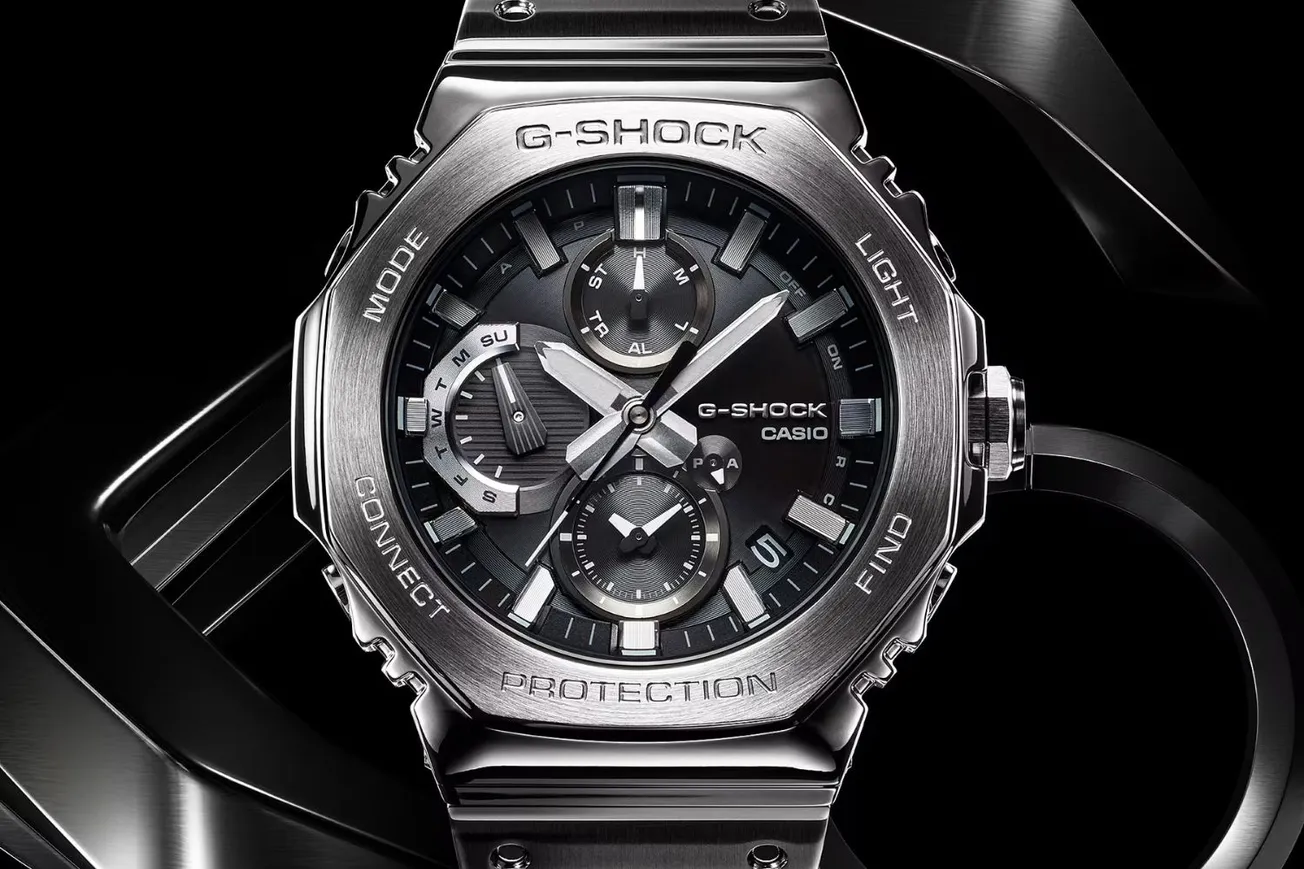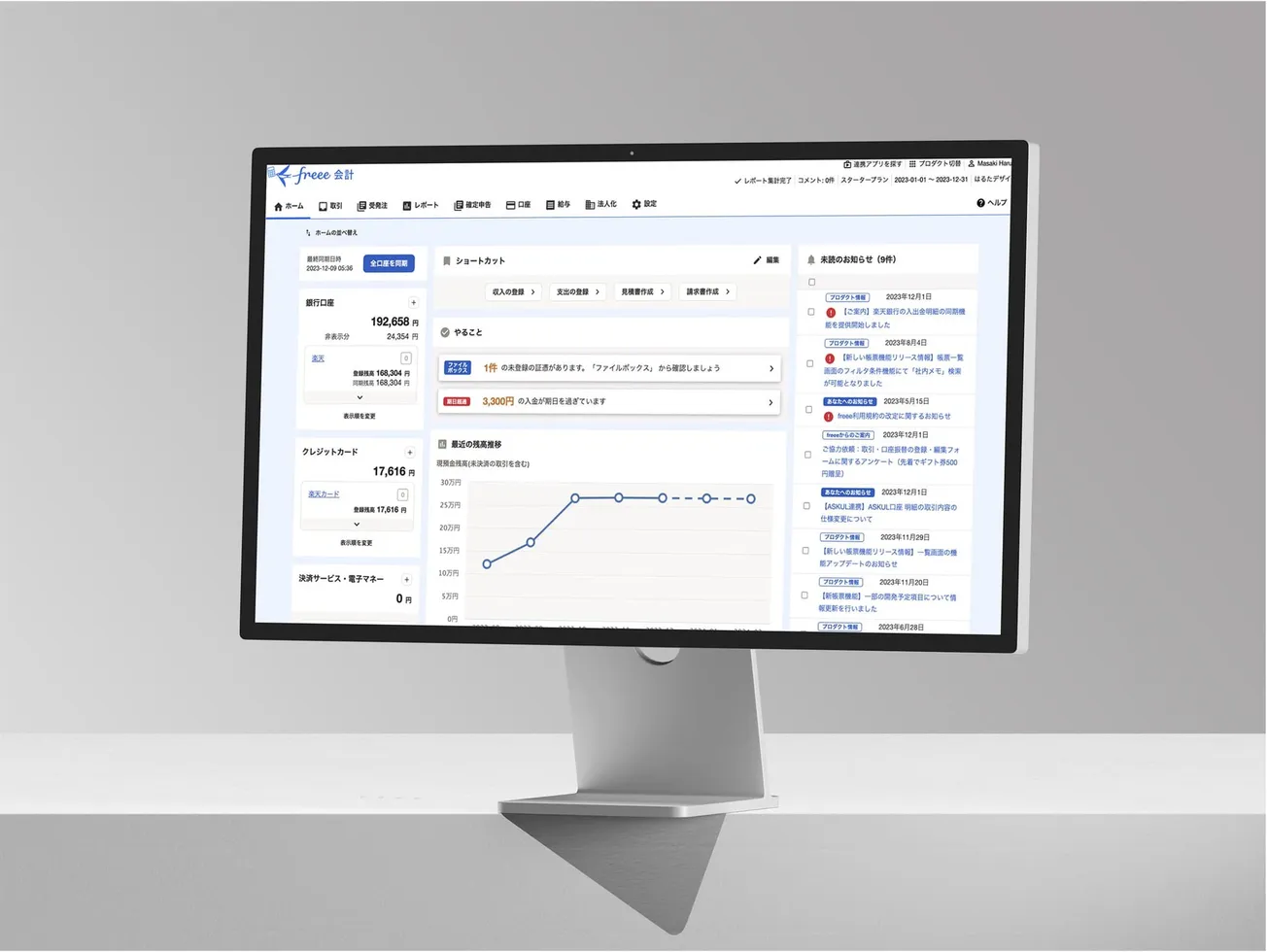Disclaimer: Asian Century Stocks uses information sources believed to be reliable, but their accuracy cannot be guaranteed. The information contained in this publication is not intended to constitute individual investment advice and is not designed to meet your personal financial situation. The opinions expressed in such publications are those of the publisher and are subject to change without notice. You are advised to discuss your investment options with your financial advisers, including whether any investment suits your specific needs. From time to time, I may have positions in the securities covered in the articles on this website. Full disclosure: I hold a position in Mercari at the time of publishing this article. To reiterate, this post and the presentation below are for informational and educational purposes only - not a recommendation to buy or sell shares.
I’m fascinated by the market for second-hand goods.
eBay has existed for many decades, but it was only with the smartphone that the market took off. With a smartphone, you could snap a photo of your item and post it online within minutes. Meanwhile, buyers appreciate the fact that they can purchase items at a fraction of what they cost in a store.
Bernstein research shows that the global apparel resale market is growing 3x faster than the market for new goods. And even in Japan, the market has been growing at 8% on a secular basis.
Within Japan, there are several listed companies to choose from, including offline retailers such as Hard Off Corporation (2674 JP — US$165 million) and Treasure Factory (3093 JP — US$279 million). But the undisputed champion is probably Mercari (4385 JP — US$2.4 billion) — the owner of Japan’s largest consumer-to-consumer marketplace app.
Mercari is a young business. Founder Shintaro Yamada studied mathematics at Waseda University in the late 1990s. After university, he started his own video game company, which became a massive success and was then sold to Zynga in 2010.
Flush with cash and without a sense of direction, Shintaro decided to take six months off and travel the world. He stayed in $5-a-night hostels, took local buses and visited remote places all across South America and Africa.
One of his biggest revelations during the trip was that mobile phones had leapfrogged PCs in much of the world. Another revelation was that people around the world had “sleeping assets” such as unused clothes, electronics and toys whose value could be unlocked if traded with others.
So when he got back to Tokyo, he teamed up with a few friends to launch the mobile trading app Mercari. It was designed for mobile use from the start, with snap-and-shoot cameras helping sellers post items on the platform quickly. Armed venture capital funding, Mercari grew through TV advertisements that made the app into a nationwide phenomenon.
Over time, Mercari added fintech features such as a digital wallet, a credit card and a buy-now-pay-later service. It also entered the US, though it remains a distant third behind eBay and Poshmark.
Within Japan, however, Mercari reigns supreme. Employees rank Mercari within the top 1% of 75,000 companies on OpenWork, the Japanese equivalent of Glassdoor. Similarweb data shows that users stay on the Mercari app longer than on competing apps such as Yahoo! Flea Market and Rakuten Rakuma.
While Mercari’s fees are higher at a 10% seller fee and a 3.6% buyer protection fee, the liquidity within the marketplace is amazing. 50% of items posted on Mercari are sold within 24 hours. Customers seem to appreciate the user interface and the ease of anonymous shipping through partnerships with most of Japan’s convenience stores.
Some will argue that location-based apps such as Jimoty (7082 JP — US$89 million) are more convenient, because buyers and sellers can meet up in person without the need to ship items through the mail. But on the other hand, anonymous shipping ensures that both parties are protected from potential bad actors. If you can trade all over Japan, you’ll find precisely what you want at better prices. And as shipping improves through lockers and perhaps even ride-hailing delivery, I expect shipping-based apps such as Mercari to take market share.
Given Mercari’s success, it’s surprising to see the share price close to its all-time low, and 70% below its all-time high:
I’ve thought long and hard about why Mercari’s share price has lagged the market, and come up with the following four explanations:








